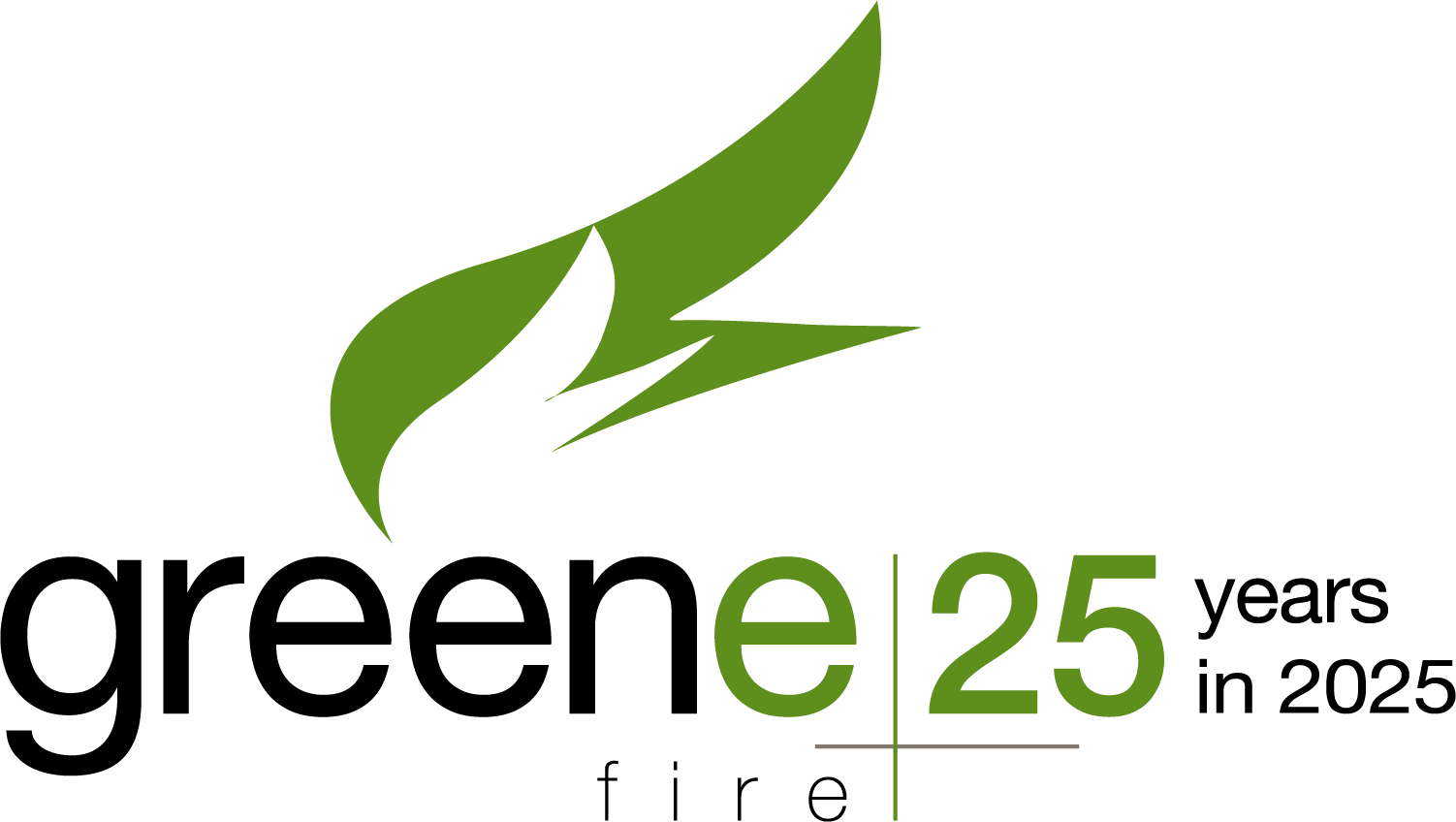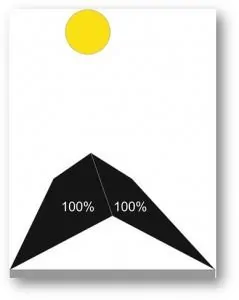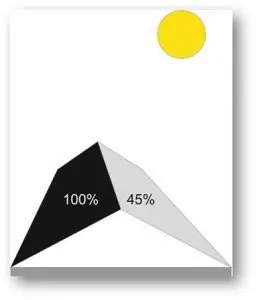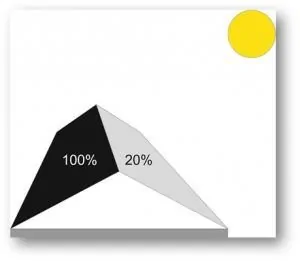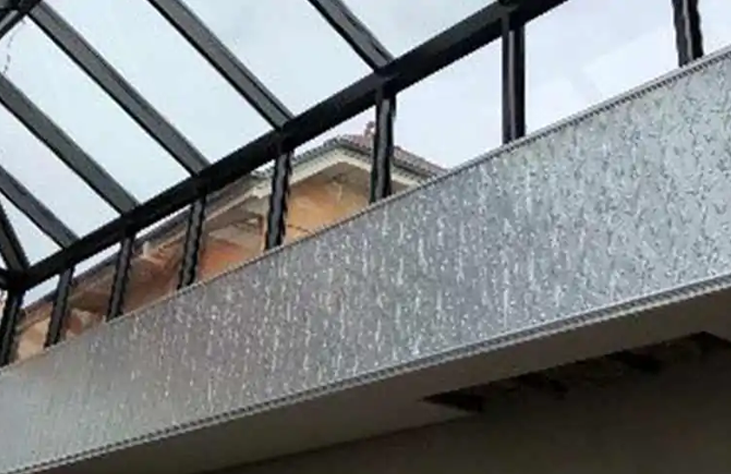
Project Summary:
Our MicroLouvre was used to provide solar shading and temperature control in this open space kitchen/dining area in Centennial Park Sydney.
Project: 84 Lang Road Centennial Park
Application: Solar Shading
Completion:June 2018
Technical Issue
A kitchen in centennial Park Sydney was designed to have a glass open ceiling to allow natural lighting and solar heating to create a more organic environment and reduce their need for electrical appliances. However due to the size of the opening the room was susceptible to overheating and glare. Due to the window housing numerous shapes of glass panels, it was hard to find an adequate product which was versatile enough to cover the entirety of the opening.
Our Solution
Our MicroLouvre solar shading was chosen as the solution of choice used in a unique way to create a clear view ceiling with optimal natural lighting and also providing adequate shading and heat reduction. Due to the unique shape of the roofing, many products were unable to be used. Our MicroLouvre was determined to be the best source of solar shading as it did not impact the outward view with its 80% open area rating. This was achieved due to our updated corner/joining pieces. We are now using 3D printed pieces for non-standard screens.
Previously we custom fabricated aluminium joining components which often increased lead time and costs. This new production method allows us to create any shape at a much quicker rate allowing for the construction of more unique designs.
Due to the construction of MicroLouvre it could be assumed that it only works when vertical, this is due to the use of miniature louvres which are specially angled to prevent the penetration of light and heat when the sun gets higher and hotter. However, our lead engineer Scott Riley performed numerous tests to measure the amount of shading the attenuation screens
provided dependent on the angle of which the screens were sitting (for this test the screens were angled at 45°).
The testing showed that similar to being vertical, dependent on the time of day, solar shading was still provided. A key finding from this study found that despite the angling of the screen, solar heat gain was consistently reduced. This can be seen in the diagrams below:
Key benefits for this project:
- Provided solar shading whilst also allowing plenty of natural lighting
- Versatile screens which molded were created in multiple different shapes
- Reduced need for electronic appliances
- 80% open area
- Made from sustainable materials
- 92% solar radiation absorption
- 86% reduction of solar heat gain
Get In Touch
Sydney
Contact Our Sydney Office For: NSW, ACT, QLD, NZ, International
Melbourne
Contact Our Melbourne Office For: VIC, SA, TAS, WA, NT
